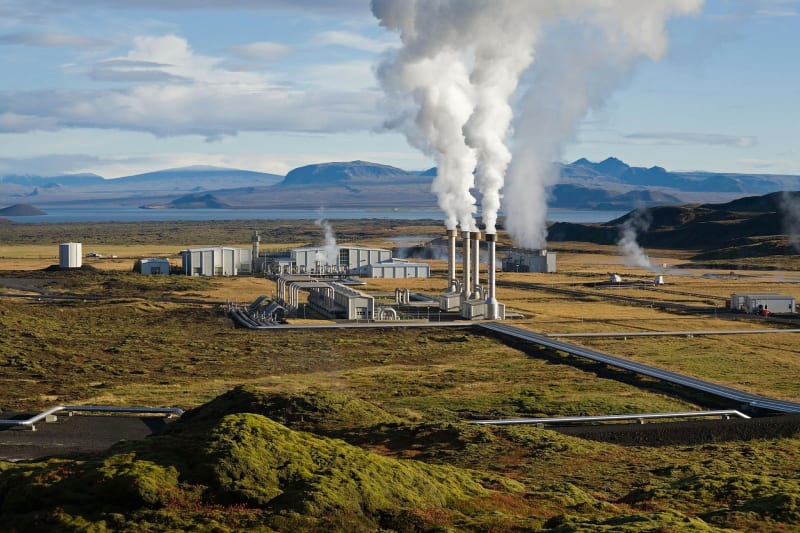
Illustrative image of the geothermal power generation project in Muara Enim, South Sumatra.
The deal adds to ADB’s continued efforts to scale up private sector-led infrastructure development and support clean energy investments in the Asia and Pacific region, Xinhua reported, citing the Manila-based bank.
As part of the financing, it said the ADB will also administer an additional loan provided by the Clean Technology Fund (CTF), which is a rollover amount from an existing CTF facility for the first phase of the project.
Yuichiro Yoi, unit head for Indonesia at ADB’s Private Sector Operations Department, said the project also demonstrates “Indonesia’s strong commitment to developing renewable energy sources to diversify its energy mix and reduce its carbon emissions.”
Also Read: Saudi Arabia Wins Bid to Host World Expo 2030
With an estimated 29,000 megawatt (MW) of potential in geothermal power generation, the ADB said Indonesia has about 40 percent of the world’s geothermal reserves, making it an important resource for the country to achieve its commitments to reduce carbon dioxide emissions by 29 percent by 2030.
The ADB said the project will help Indonesia get closer to this goal, with the Rantau Dedap geothermal facilities expected to generate more than 90 MW of electricity, which will power up to 130,000 homes, create jobs, and avoid over 400,000 tons of carbon dioxide emissions every year by 2021.
SERD is a joint venture consisting of the Indonesian geothermal power developer, PT Supreme Energy; the Japanese trading and investment company, Marubeni Corporation; the Japanese power utility Tohoku Electric Power; and global energy leader ENGIE.
Established in 1966, ADB has more than 50 years of development partners in the region. It is owned by 67 countries and 48 from the region. (T/RS5/RS1)
Also Read: 148 Products from Indonesia Promoted at Sarawat Superstore Jeddah
Mi’raj Islamic News Agency (MINA)
Editor: pengying
Also Read: Packaging Industry Supports Halal Ecosystem










![Israeli tanks and APC’s gather by the Israeli – Lebanese border. Amid Israel’s escalating campaign against Hezbollah in Lebanon on September 30, 2024. [Erik Marmor/Getty Images]](https://en.minanews.net/wp-content/uploads/2024/10/IMG_20241001_203226-300x197.jpg)



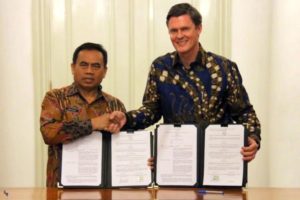
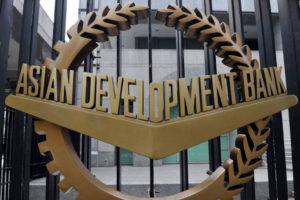
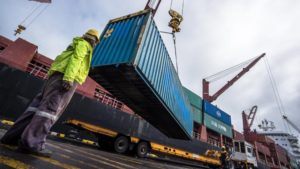
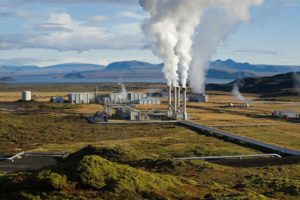
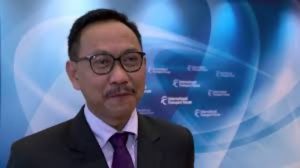















 Mina Indonesia
Mina Indonesia Mina Arabic
Mina Arabic